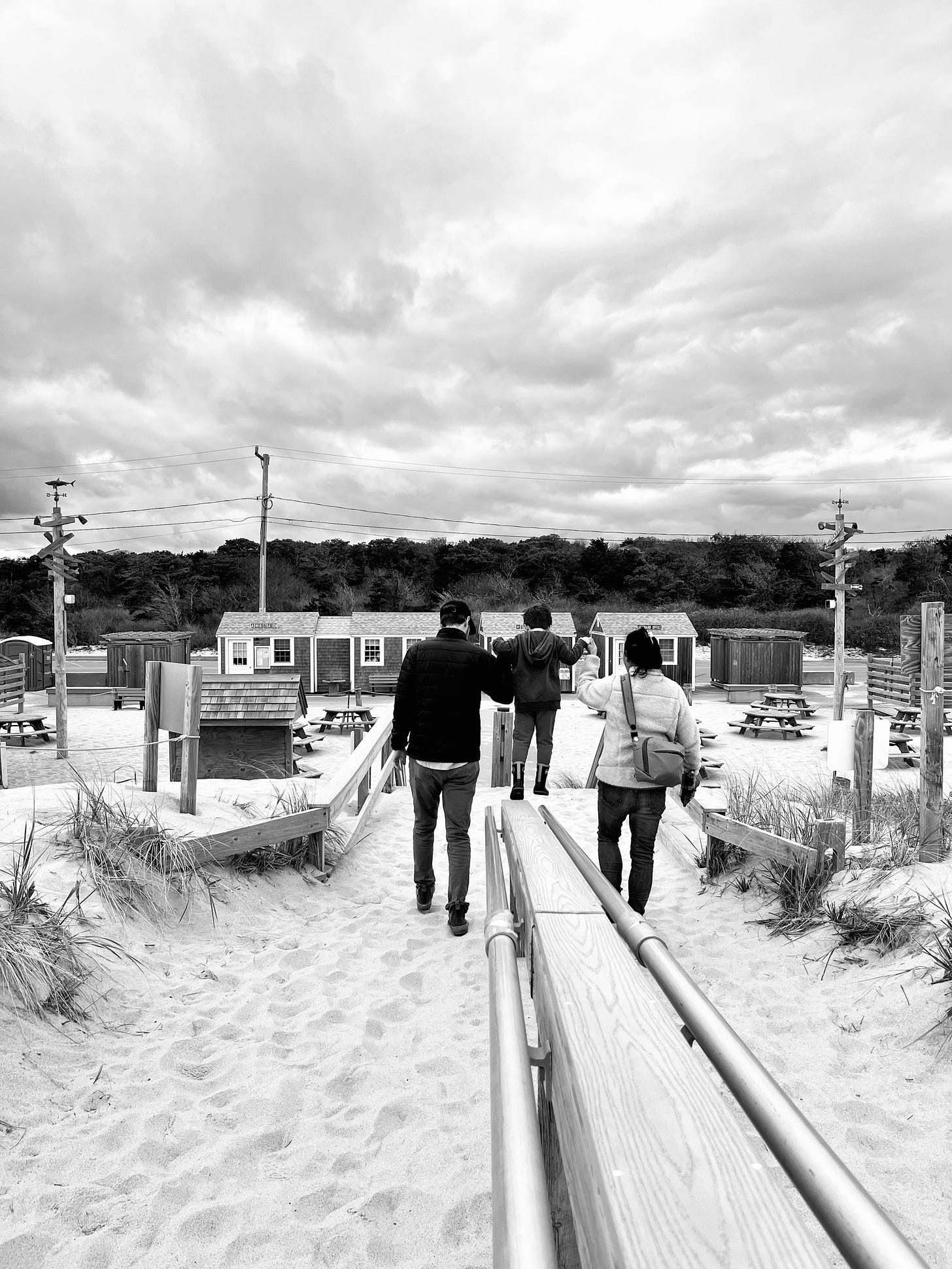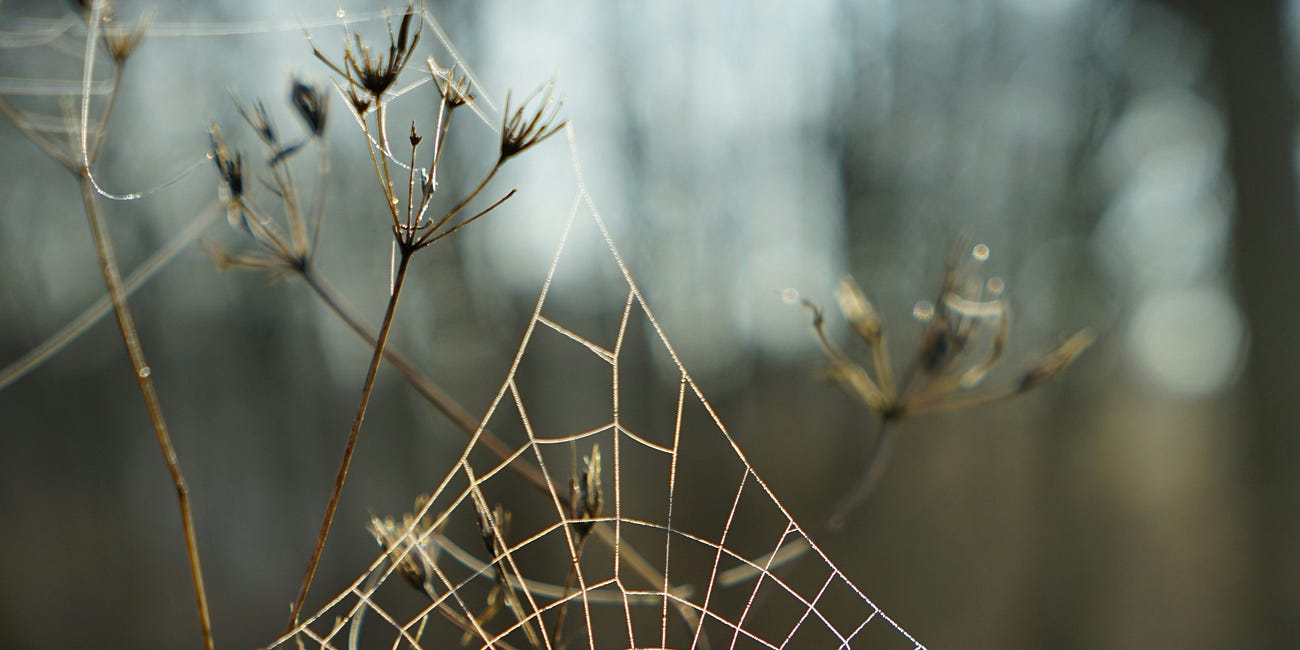Earlier this month, we set intentions in our inaugural In Tending Community Tuesdays thread. Then, we discussed how we can offer mutual aid to one another as a gentle rebuke to capitalism. This week, we’re checking in on each other to see how things are going, and how we might receive support around any struggles we’re having as we try to show up for ourselves.
My co-facilitator Meredith and I are also planning our next In Tending Zoom gathering, which will be held on April 29 at 5pm pst/8pm EST (save the date!). To sign up to attend this donation-based event, please fill out this short Google Form.
(Note: If you are a paid subscriber, please fill out the form so we have your contact info, but know that access to this event is included with your subscription — and if you’re not a paid subscriber, you can upgrade below.)
So, this Thursday post, like last Thursday’s, is a short one, as I’m shifting my focus to developing these offerings (and I also don’t want to overwhelm your inbox). But I did want to share some related insights below from a post I wrote nearly a year ago, about the importance of being in community, when you’re not sure what to say, or do, in the face of suffering — yours, or someone you know, or an unknown stranger on the news. Because if the Hands Off protests this weekend taught us nothing else, it is that carrying heavy things together, even if you cannot change things right away, sure beats carrying them alone.
Last year, around this time, I wrote this piece explicitly critiquing the targeting of caregivers in Gaza, and the lack of care currently being shown to caregivers and children around the world who are caught in the crossfire of war. I paywalled the comments, so that I could better manage any negative comments that came. But they didn’t come, not really.
The most constructive feedback I received was a simple request: say more.
What could I say, though? I have no unique, individual perspective on, say, the plausibility of a two-state solution, that has not been shared elsewhere. I wish I did.
I took this problem to my writer’s group, all mothers, where one thing became clear: my lack of a solution was not my unique, individual problem. We all feel fear, sadness, and anger about the images of death we are exposed to daily. We all want to do all that we can to channel those feelings effectively. We all struggle to know how.
Many of us mothers are also already exhausted from the constant pressure to come up with original, individual solutions to so many things that are clearly collective problems. How to keep our elementary school children safe from shootings. How to keep our middle schoolers safe from the increasingly scary world of social media. How to keep our older children and students safe as they learn how to use their voices to call for peace, when across America we see them being tasered and tear gassed by the people we’ve paid to protect them. All while living in a society of people who have made it clear that they do not care whether mothers and children live or die.

This is why I wrote at length about the painful ask of being called, as a full-time caregiver, to give anything “your all.” Or to be seen as apathetic, unambitious, uncaring, or a “bad mom” when you cannot. (This last bit, as Zawn Villines points out, is a particularly effective political cudgel, one used to keep us quiet, busy and in silent competition with one another, instead of rallying together for change.) In this era of pandemics and forest fires, labor inequity and unchecked greed, many mothers have no more “all” to give. We are all stretched too taut already, always on the brink of breaking.
One friend called our circle of mother-writers a “grove,” however, and this gave me such hope. A grove of Mother Trees. Yes. A mycelial web of care, big enough to hold the both/and of it all. A place to re-weave our outstretched roots together, gather strength, and find direction again.
This is what I hope we’re creating now, with this Community Tuesdays series. May it be of benefit to anyone who is on the brink of breaking right now — a digital web big enough to hold your both/and.







